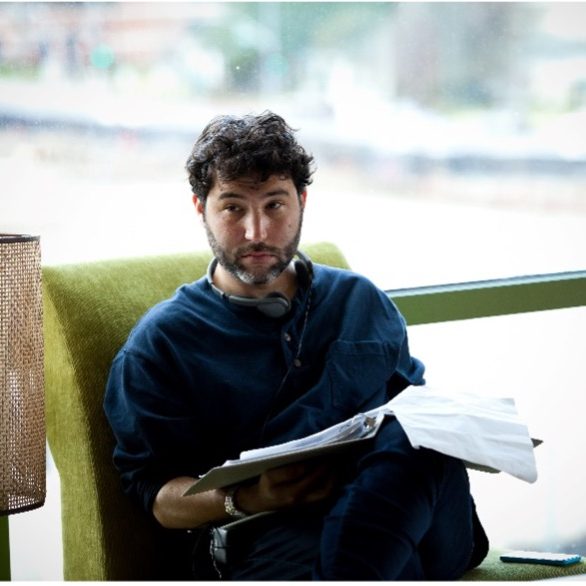The Woman from Hamburg (narrative)
Synopsis
In 1943 Poland, Regina, a Jewish woman, has lost her entire family and is rescued by a young childless couple, Jan and Barbara and given shelter in their closet. Over time, Regina grows close with the couple, and Barbara and she are forced to make sacrifices to stay alive. Many years later, Helusia, a descendant of Regina’s, embarks on a quest and makes a discovery that upends the lives of all involved.
About the Director
Michael Masarof is a writer and director born in New York and residing in Los Angeles. Michael received his MFA in Film Directing from the graduate film program at NYU Tisch School of the Arts where he was the recipient of the Jane Rosenthal Scholarship and the Warner Bros. Production Grant. Michael finished his BA at American University in Washington, D.C. During his BA studies he also attended the world famous FAMU film school in Prague, completing the Czech Language short film, Vytah. Michael’s short film You Should Have the Body screened as a special presentation at the 2008 Berlinale, as well as on channel 3SAT in Germany. First Love, Michael’s debut feature film is currently streaming on Amazon. The LA Times called First Love “intimate in both shooting style and script.”
Director’s Statement
In 2006 I was immediately drawn to a story in The New Yorker by the Polish journalist Hanna Krall, “The Woman from Hamburg.” It embodied elements that I think make a great story: It was mysterious in its details but direct in its language, unsentimental in its tone, to be almost darkly comic, and of course it was cinematic. But the primary reason I was struck by this story was because the main character was a Jewish woman, and her story was something I had never seen before, whether written or on the big screen.
Most stories about the Holocaust I had read up to that point weren’t focused on stories of women, and most were told with an overabundance of seriousness. This unique story was from a female perspective that was sincerely unapologetic. I at once thought about adapting it into a film. I was at NYU then and ironically ended making another short film that year with a grant from the Goethe Institute about post 9-11 Muslim Americans that was highly informed by the “red scare” that many Jews were implicated in in the 1950’s.
Fifteen years later The Woman from Hamburg never escaped my mind. When I saw the prompt for the Claims Conference grant to write a story regarding the Shoah, I immediately thought to adapt it. This Jewish story is even more important today than when I first read it fifteen years ago. I believe the rise of antisemitism in the world is directly related to the passing of time between the Holocaust and now. There are less voices of Holocaust survivors to tell their stories. Also, as we progress as storytellers, stories like Ms. Krall’s are even more important because they paint a direct portrait of that time period that as I mentioned you don’t see very often. It has taken longer for these kind of Holocaust stories to come to the forefront, but I hope we see more of them, and they are told without fear and project the truth that can come from tragedy. Finally, as a Jewish American male, I would love to tell this story with the collaboration of a female perspective. I want to invite a cinematographer and other key creative people to help me tell this difficult but more important tale in the most honest way possible.
Hanna Krall said, “My work as a reporter has taught me that logical stories, without riddles and holes in them, in which everything is obvious, tend to be untrue. And things that cannot be explained in any fashion really do happen.” As a filmmaker this is the space where I want to work and tell my stories. And to be able to bring to cinematic life Ms. Krall’s life changing story would be an honor.

